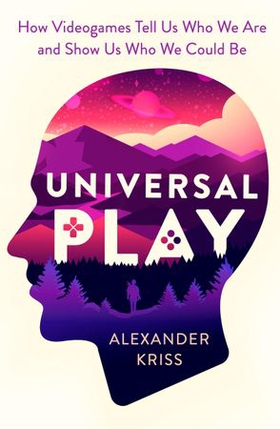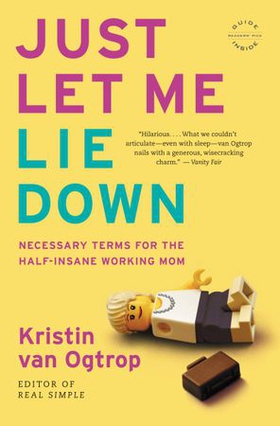
- Sett i bokhyllen
- Les gratis utdrag
The Gaming Mind ebok
Even as the popularity of videogames has skyrocketed, a dark cloud continues to hang over them. Many people who play games feel embarrassed to admit as much, and many who don't worry about the long-term effects of a medium often portrayed as dangerous and corruptive.
Drawing on years of experience working directly with people who play games, clinical psychologist Alexander Kriss steers the discourse away from extreme and factually inaccurate claims around the role of games in addiction, violence and mental illness, instead focusing on the importance of understanding the unique relationship that forms between a game and its player.
Through vivid psychotherapy case illustrations, autobiographical memoir, and a wide range of psychological theory and research, The Gaming Mind lays out an honest and humanistic vision of games, their potentials and risks, and how they can teach us more about who we are and who we could be.














